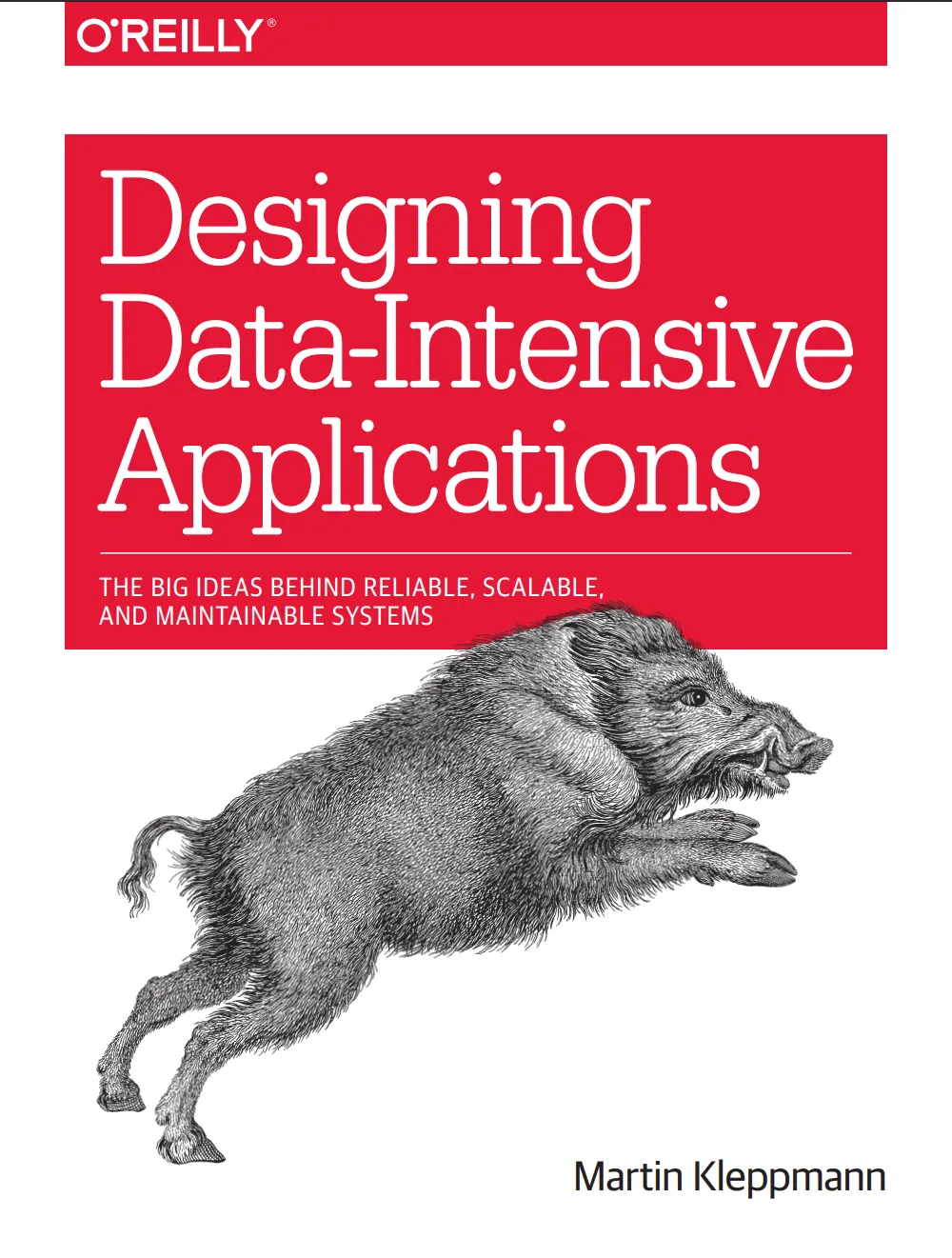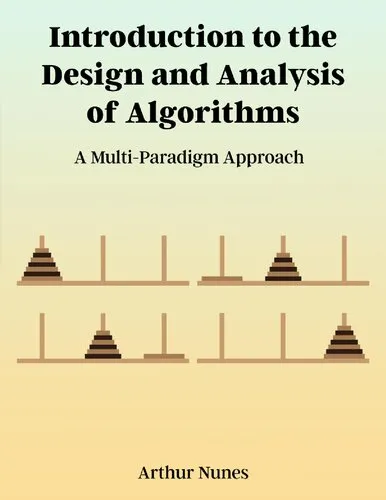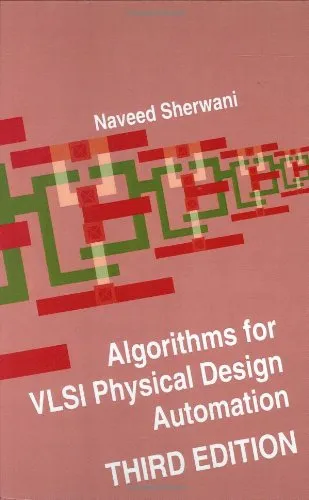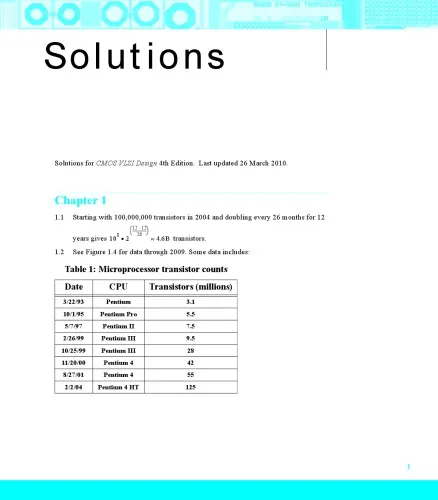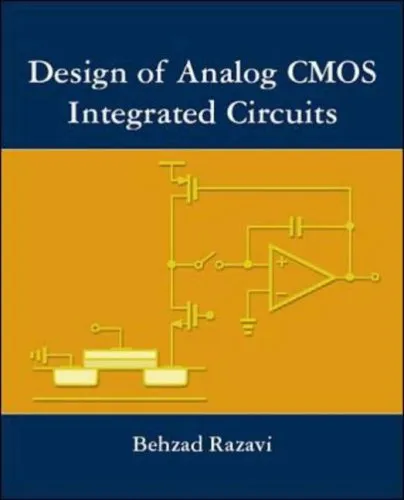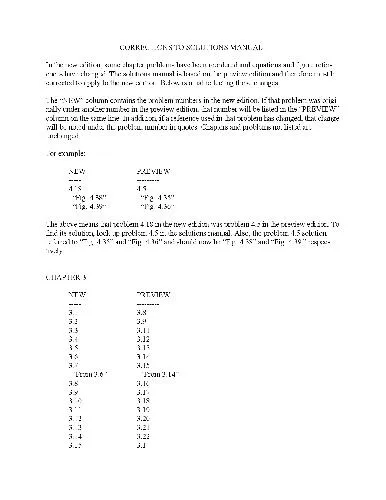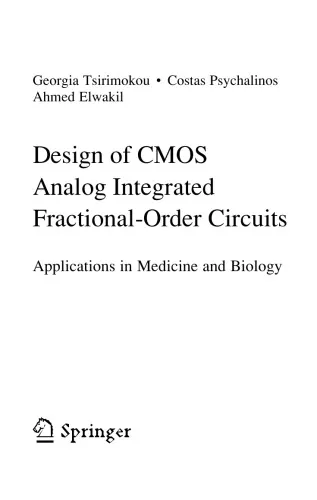CMOS VLSI Design: A Circuits and Systems Perspective
4.5
Reviews from our users

You Can Ask your questions from this book's AI after Login
Each download or ask from book AI costs 2 points. To earn more free points, please visit the Points Guide Page and complete some valuable actions.Related Refrences:
Introduction: CMOS VLSI Design - A Circuits and Systems Perspective
"CMOS VLSI Design: A Circuits and Systems Perspective" is a cornerstone in the field of digital design and integrated circuit engineering. Authored by Neil H.E. Weste and David Money Harris, this book serves as a comprehensive guide for students, educators, and professionals alike. Its focus lies in providing an exhaustive understanding of CMOS (Complementary Metal-Oxide-Semiconductor) technology and its role in very-large-scale integration (VLSI) circuits. This text is the go-to resource for anyone passionate about designing state-of-the-art digital systems, leveraging CMOS technology for high performance, low power, and cost-effective solutions.
Through meticulously crafted chapters, the authors strike a balance between theoretical foundations and practical design methodologies. Readers are introduced to concepts ranging from basic transistor operation to advanced topics like timing analysis, power consumption, and design trade-offs. Now in its most up-to-date edition, the book integrates cutting-edge advancements in CMOS design and provides an in-depth examination of topics like scaling challenges and FinFET technologies. It’s this combination of depth, clarity, and practical examples that sets the book apart as a definitive resource in VLSI design.
Summary of the Book
The book is structured to provide a clear learning path for readers at different levels of expertise, from beginners to advanced practitioners. Organized across multiple chapters, the book begins with an introduction to the fundamentals of MOS transistor theory followed by the mechanics of CMOS logic gates. These foundational concepts are extended into circuit design, where readers learn how to architect efficient and robust systems.
In addition to foundational knowledge, "CMOS VLSI Design" delves into advanced topics like interconnect modeling, delay calculation, and optimization techniques. It explores the principles underpinning dynamic and static power dissipation, and equips the reader with tools to optimize designs according to real-world constraints. With dedicated sections on testing, verification, and performance analysis, the text ensures readers develop an end-to-end understanding of modern VLSI design flows.
The discussion of modern challenges—such as variability due to process geometry scaling, power-wall effects, and the adoption of new device technologies like FinFETs—keeps the book highly relevant in today’s evolving semiconductor landscape. Tutorials, problem sets, and worked examples interspersed throughout the book ensure the reader can immediately apply theory to practical scenarios, bridging the gap between academic study and industry requirements.
Key Takeaways
- Comprehensive understanding of CMOS technology and design flows.
- In-depth analysis of transistor models, digital gates, and circuit-level optimizations.
- Detailed coverage of power management techniques and their trade-offs in VLSI systems.
- Hands-on tools for design verification, timing analysis, and chip performance evaluation.
- Guidance on addressing modern challenges like FinFET technology and the limitations of Moore’s Law.
- Extensive end-of-chapter exercises and examples to facilitate experiential learning.
Famous Quotes from the Book
"Designing with CMOS is not merely about circuits; it’s about envisioning systems that interact seamlessly."
"The art of VLSI design lies in optimizing complexity, power, speed, and functionality within constraints of scalability."
"Every transistor on a chip is a storyteller, narrating the tale of possibility, innovation, and engineering ingenuity."
Why This Book Matters
The rapid growth of semiconductor technology has made CMOS VLSI design a cornerstone of modern computing and electronics. This book matters because it equips students, designers, and professionals with the knowledge and tools to excel in this transformative field. By addressing both the theoretical constructs and practical challenges of CMOS design, Weste and Harris have created a unique resource that is as applicable in academia as it is in industry.
The book’s relevance extends beyond the classroom; it empowers readers to tackle real-world challenges in domains like microprocessor design, embedded systems, and IoT devices. Furthermore, the emphasis on modern trends like FinFET technology ensures that this resource remains invaluable for years to come. For scholars and practitioners striving to make a mark in VLSI design and semiconductor research, "CMOS VLSI Design: A Circuits and Systems Perspective" is not just a book—it’s a benchmark.
Free Direct Download
You Can Download this book after Login
Accessing books through legal platforms and public libraries not only supports the rights of authors and publishers but also contributes to the sustainability of reading culture. Before downloading, please take a moment to consider these options.
Find this book on other platforms:
WorldCat helps you find books in libraries worldwide.
See ratings, reviews, and discussions on Goodreads.
Find and buy rare or used books on AbeBooks.
1356
بازدید4.5
امتیاز0
نظر98%
رضایتReviews:
4.5
Based on 0 users review
Questions & Answers
Ask questions about this book or help others by answering
No questions yet. Be the first to ask!

